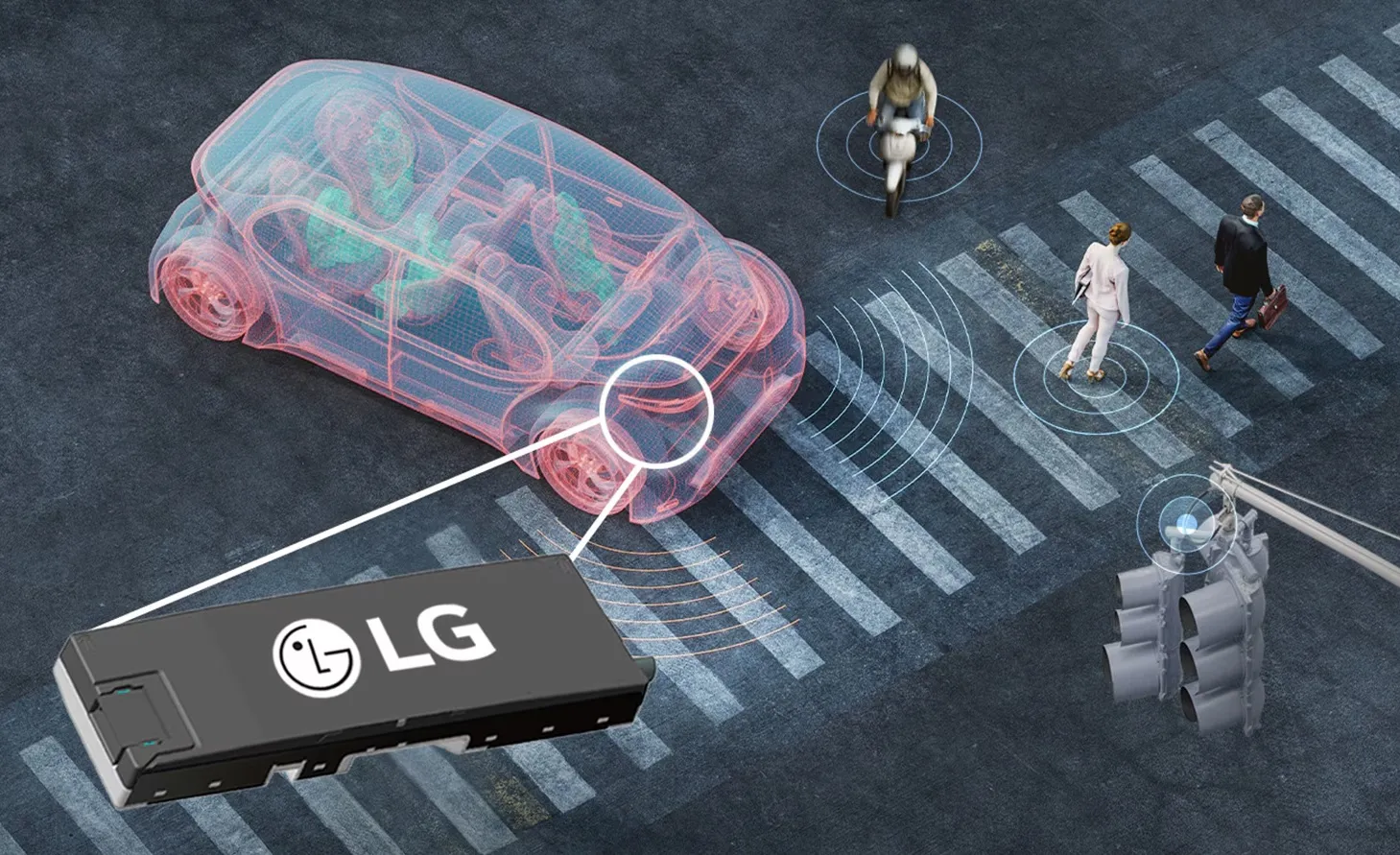International technology company
Many of today’s new vehicles are already connected over the air for
According to David Cole, managing director of Roke, a new approach to CAV technology design and implementation is essential. From infotainment, maintenance and navigation, to vehicle to vehicle systems for fully autonomous driving, all provide a potential opportunity for malicious hacking attack.
“The key is to design the security into the product, right from the start. This avoids having to ‘plug gaps’ later. Our partnership with Ricardo means that we can rapidly develop news tools, processes and assurance schemes which will allow consumers to have confidence in their new, smarter vehicles,” he says.
The two companies are already partners on the UK 5StarS project which aims to develop a 5-star type consumer rating framework for automotive cyber security, similar to existing EuroNCAP type ratings for vehicle safety. Under the terms of the MoU announced today, Ricardo and Roke will contribute additional resources in parallel to their efforts under the 5StarS project, to develop joint product and service opportunities, building upon the synergies of their combined capabilities.
Ricardo and Roke Manor to collaborate on next-generation vehicle cyber security
International technology company Ricardo is to join forces with cyber security specialist Roke Manor Research to develop solutions that will make autonomous and connected transport robust against cyber attack. Many of today’s new vehicles are already connected over the air for telematics and maintenance, for safety systems such as eCall, by consumers using insurance-based monitoring technology, and by the many smartphone apps available to vehicle owners.
September 7, 2017
Read time: 2 mins







